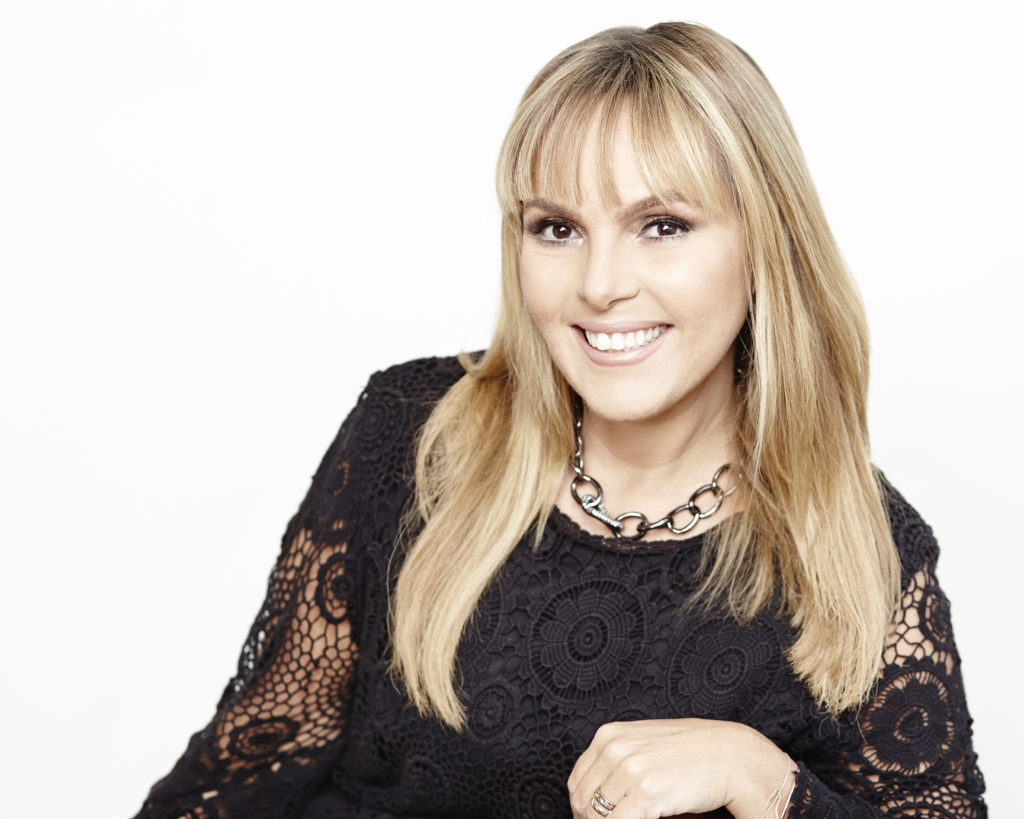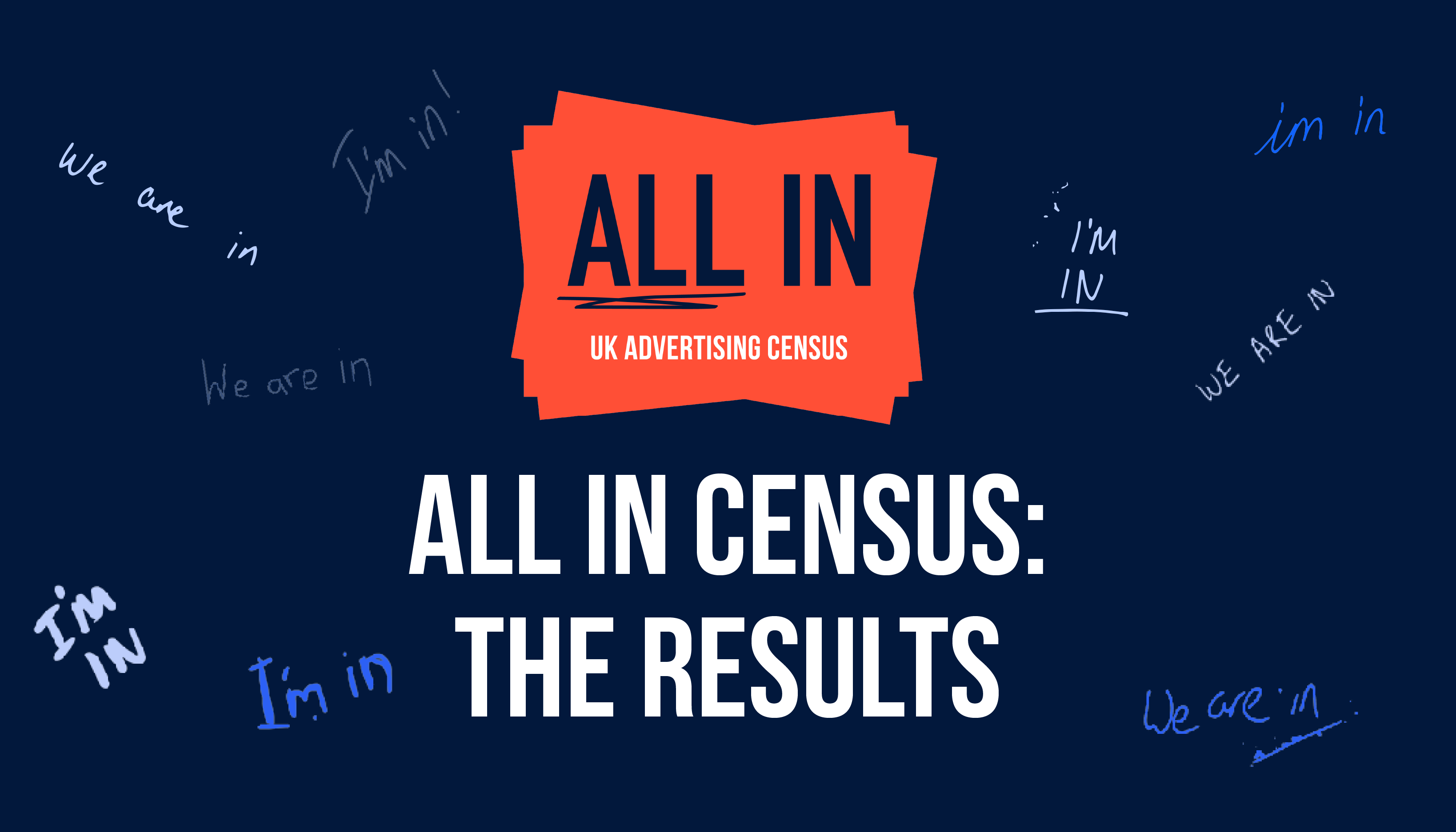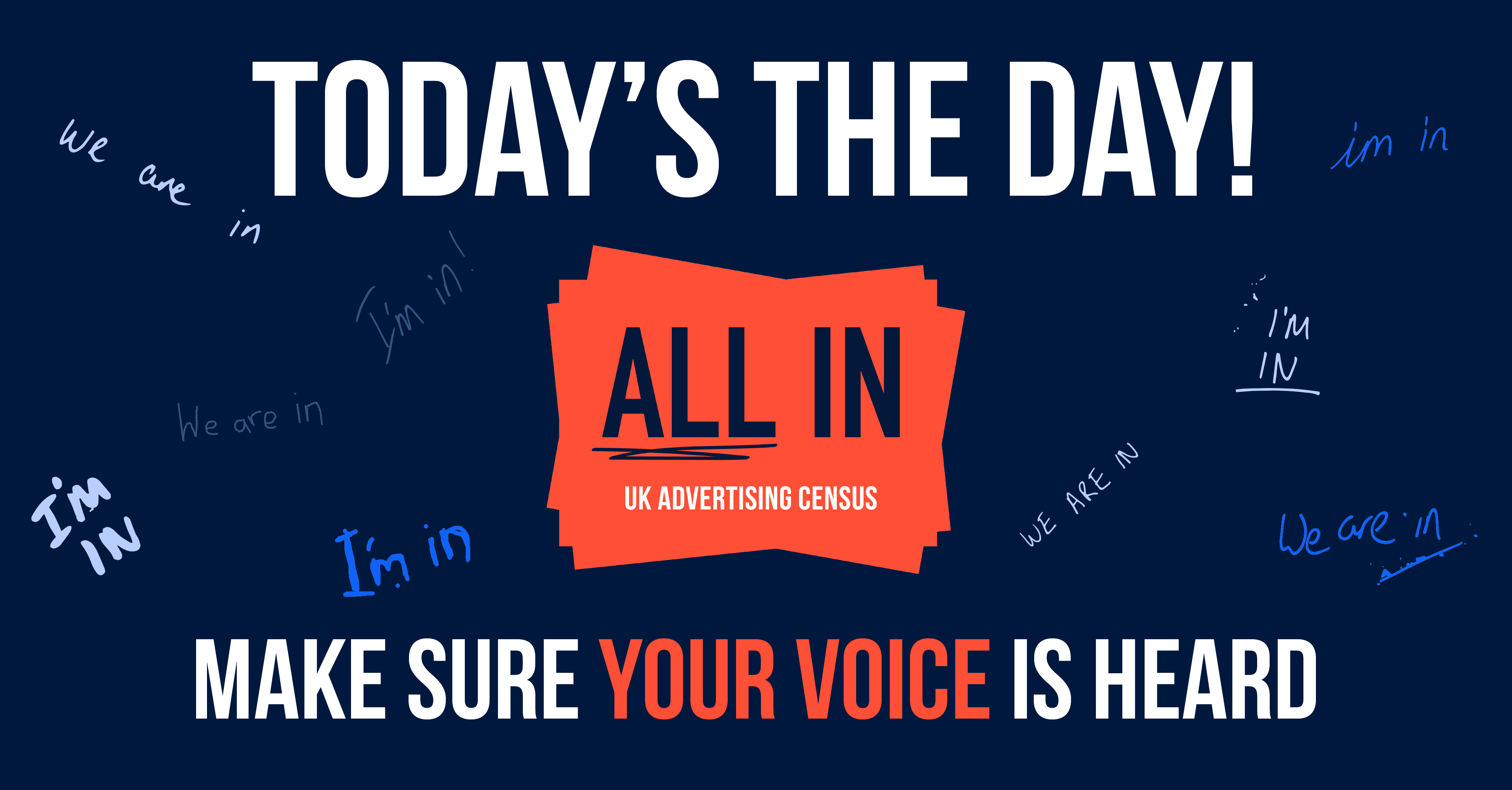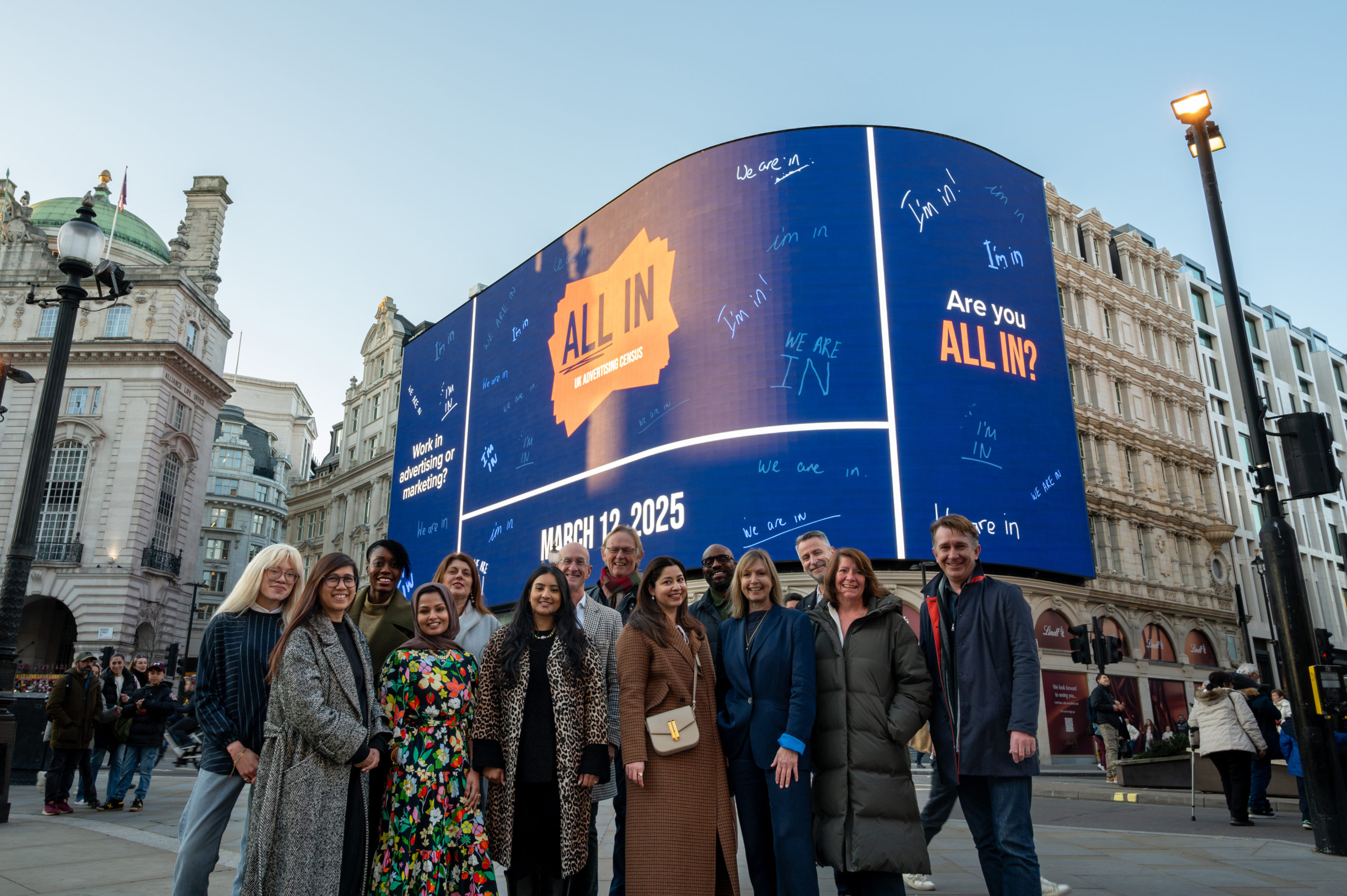Aline Santos, EVP Global Marketing and Chief Diversity & Inclusion Officer, Unilever.
For too long the ad industry has been guilty of stereotyping people in advertising. Without even really thinking about it brands fall into old casting habits and familiar stories. Chimamanda Ngozi Adichie in her 2019 TED Talk ‘The Danger of a single story’ poignantly reminds us that “the problem with stereotypes is not that they are untrue but that they are incomplete. They make one story become the only story”. By limiting our focus on harmful stereotypes in advertising we only serve to flatten the Black experience and contribute to the script that one story fits all.
But when we are inclusive and representative in our advertising, we unlock thousands or maybe hundreds of thousands of stories about the Black community that haven’t been told or have been subverted by stereotypes. When brands access these authentic stories which reflect Black lives, needs, experiences, values, and aspirations it empowers creativity and delivers truly engaging advertising. We’re already seeing data that proves that ads with more progressive, modern and empowered characters create better business results – such as greater branded impact, enjoyment of ads and relevance. In fact, our 2020 research with Kantar tells us that progressive portrayals of people in ads deliver a 19% uplift in purchase intent and increase in credibility by around a third. Championing inclusion is not just the right thing to do, it will also drive real business results.
During the start of my career in Brazil, there was a lack of representation of multicultural women across the advertising industry. So, when we launched a Vaseline Intensive Care product catered for Black Brazilian women, this was really something at the time. We were the first FMCG brand to launch a product for Black women and the response was hugely positive. For many people this would be the first time they saw a Black woman as a lead in an advert as back in the 90s it was still so rare to see a Black woman in advertising. Twenty years later, it is frustrating to see that globally Black females still rarely appear in adverts, with 69% of the Black representation being male. And despite characters of colour garnering 46% of screen time in ads from 2019, the same industry study (Bias & Inclusion in Advertising from the Geena Davis Institute) found that white characters in ads are more likely to be shown ‘working’ than characters of colour and white characters are more likely to be portrayed as ‘smart’. So, we don’t just need more Black representation in advertising we need equitable and equal representation that reflects real people, real life and real stories.
With 74% of consumers globally expecting brands to take a stand on important issues, such as racial discrimination, equal rights, and social justice the demand for change has never been more pressing. There is no single story, there are many and companies which embrace the many will thrive in the long term. When we bring ALL people into our work, we can unlock more creativity – through deeper insights, connections and understanding of the lived experiences of Black people.
At Unilever, I am so proud of the work we are doing in this space. The CROWN Act, from the Dove US team is incredibly inspiring. CROWN stands for “Create a Respectful and Open Workplace for Natural Hair”. Over the past few years, we’ve seen many stories about Black girls and boys being sent home from school or forced to change their hair, as well as Black women and men losing job opportunities because of their natural hairstyles. The CROWN Act is working to create new anti-hair discrimination laws. So far, new legislation has been passed in seven states in the US. This is such a powerful example of how brands can create positive societal change and purpose-led marketing in action!
While we acknowledge the urgent need for increased representation externally through our advertising, we must also do the same internally. Unilever takes this very seriously and we appreciate how internal work inspires external work. Our end-to-end approach to drive diversity, equity and inclusion focuses on four strategic pillars – Talent, Brand, Supplier and Community. From blind CVs, learning and culture work programs to unconscious bias training we are committed globally to build a more inclusive work culture. Our Global Diversity Board, chaired by our CEO, Alan Jope, provides the overarching vision, governance and target setting for inclusion and diversity across our business. In 2020, we established a Racial and Ethnic Equity Taskforce and in 2021 we are doubling down on our efforts to increase representation of Black and Brown talent in our lead markets.
The inequality and social injustice facing Black people is pervasive and one of the most challenging issues of our time. BRIM is bringing much needed attention and support to companies and brands to help accelerate the change we desperately need. Black people deserve to be properly represented in advertising. We have the power to escape the ‘single story’ and humanise the lived experience of Black people in profoundly positive ways.




